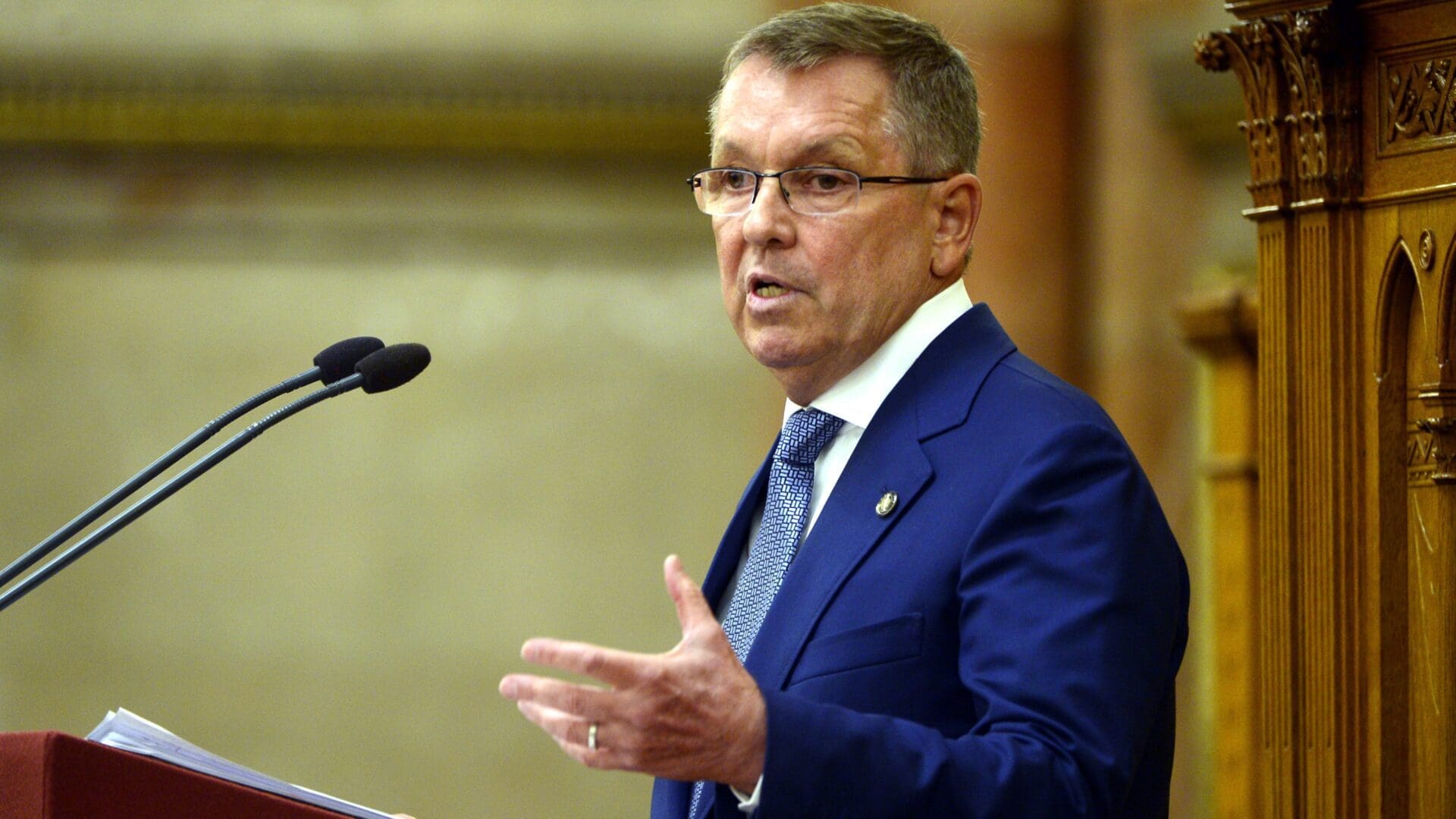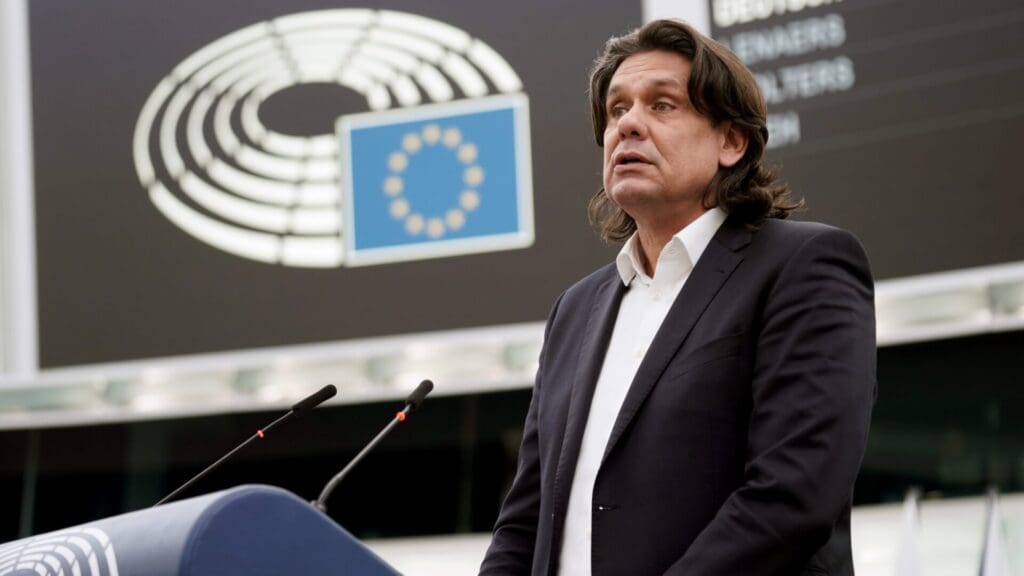The Hungarian National Bank’s (MNB) 2021 business report was discussed by parliament on Wednesday. MNB Governor György Matolcsy introduced the report in remarks before the plenary session, highlighting that there had been a ‘negative economic policy shift’ in 2021.
Referring to reactions to earlier criticism he had formulated, György Matolcsy said that some have suggested that the central bank governor is offended, frustrated, and ‘had a fallout with the Prime Minister.’ However, this is not the case, he said, stating that the disagreement between the government and the central bank is ’about a clashes of principles.’
He stressed that it is the MNB’s obligation to fight inflation and it expects the government’s help in this regard. The MNB governor emphasised that in 2021, the government carried out a negative economic policy turn: it ‘let go of the [budget] balance,’ after which came the war, the sanctions, Brussels disputes. But, he emphasised, the negative turnaround in economic policy had already begun the year before.
He noted that that the scenario in which the next generation would ask the question in 2030 why the current leadership, ‘where and how we lost our way’ should not materialise. ‘We need to say that we lost our way in 2021, and unfortunately, we continued it in 2022’, he stated. He added that it is not yet clear whether the mistake can be rectified in 2023. In theory, the government can do that, as they have done it several times before, but it is not yet visible, he opined.
Matolcsy recalled that
between 2010 and 2013, Hungary carried out a very successful reform programme
with a turn in economic policy. A balanced budget was attained, a new tax system introduced, and the goal of creating one million new jobs in ten years was set. He said that in 2019, the MNB—with little success—predicted a return to the 1970s, when there would be an inflationary burst, namely an energy price explosion and a series of other negative developments, like a recession, a crisis, very strong inflationary pressure, and stagflation. ‘We predicted it ahead of time, and it happened,’ he said. He noted that in early 2021, based on their analysis, the MNB concluded that not only would inflation return, but it would be ‘long-lasting and high.’
He said that is why the MNB has carried out a complete monetary policy shift, but while the central bank ‘was obliged to hit the brakes, the government was not obliged to hit the gas.’
Matolcsy reminded that during the coronavirus pandemic, the crisis was successfully managed thanks to the joint effort of the government, the central bank, the banking system, the business sector, and families, and the crisis was solved within fourteen months.
He said that after a successful decade and successfully managing the Covid crisis, the central bank could ‘fully focus on preventing the new crisis and managing inflation.’ However, the government did not think so, and as a result, the previous decade’s success and balanced growth were disrupted, he opined. He suggested Hungary currently faces two very strong challenges: one is the catch-up challenge, and the other is inflation.
He explained that the catch-up challenge means that while Hungary surpassed several countries until 2019, now more countries have overtaken it. Many things were solved in the early 2010s,
but then a ‘reform fatigue’ emerged, and without reforms, there is no sustainable growth,
he stated. Matolcsy emphasised that although the central bank’s analysis wanted to ‘touch the heart and mind of the government to initiate the necessary reforms, this did not happen.’ As a lesson, the Governor of the central bank underscored that past strategic mistakes can cast a shadow for up to ten years, stating that clear goals must be set in order to rectify the mistakes. He suggested that those who use the crisis for reforms and transformation will win.
The Ruling Parties’ Response
Fidesz Chairman of parliament’s Economic Committee Erik Bánki said in his reply that the committee believes that the MNB report complies with legal requirements. As prescribed by law, it provides information on tasks, monetary policy, and supervisory activities. He summed up its content by stating that in 2021 the central bank had fulfilled its legal obligations, achieved its goals, and its programmes contributed to making the Hungarian economy outstanding.
He highlighted that in 2020, the government made good decisions regarding economic recovery following the COD-19 pandemic,
by introducing the most comprehensive recovery programme in Europe
in relation to the country’s GDP, which resulted in a unique growth in 2021.
Meanwhile, the central bank initiated an interest rate hike cycle and, in consultation with the government, made 11 trillion forints available to the economy over two years, which was the largest state support programme in Hungarian economic history.
Erik Bánki remarked that the domestic banking system remained stable during the prolonged pandemic situation. Banks can continuously provide the necessary resources, and the loan portfolio of financial institutions continues to grow dynamically. The expansion of domestic household lending is currently one of the highest in the EU, the committee chairman said.








